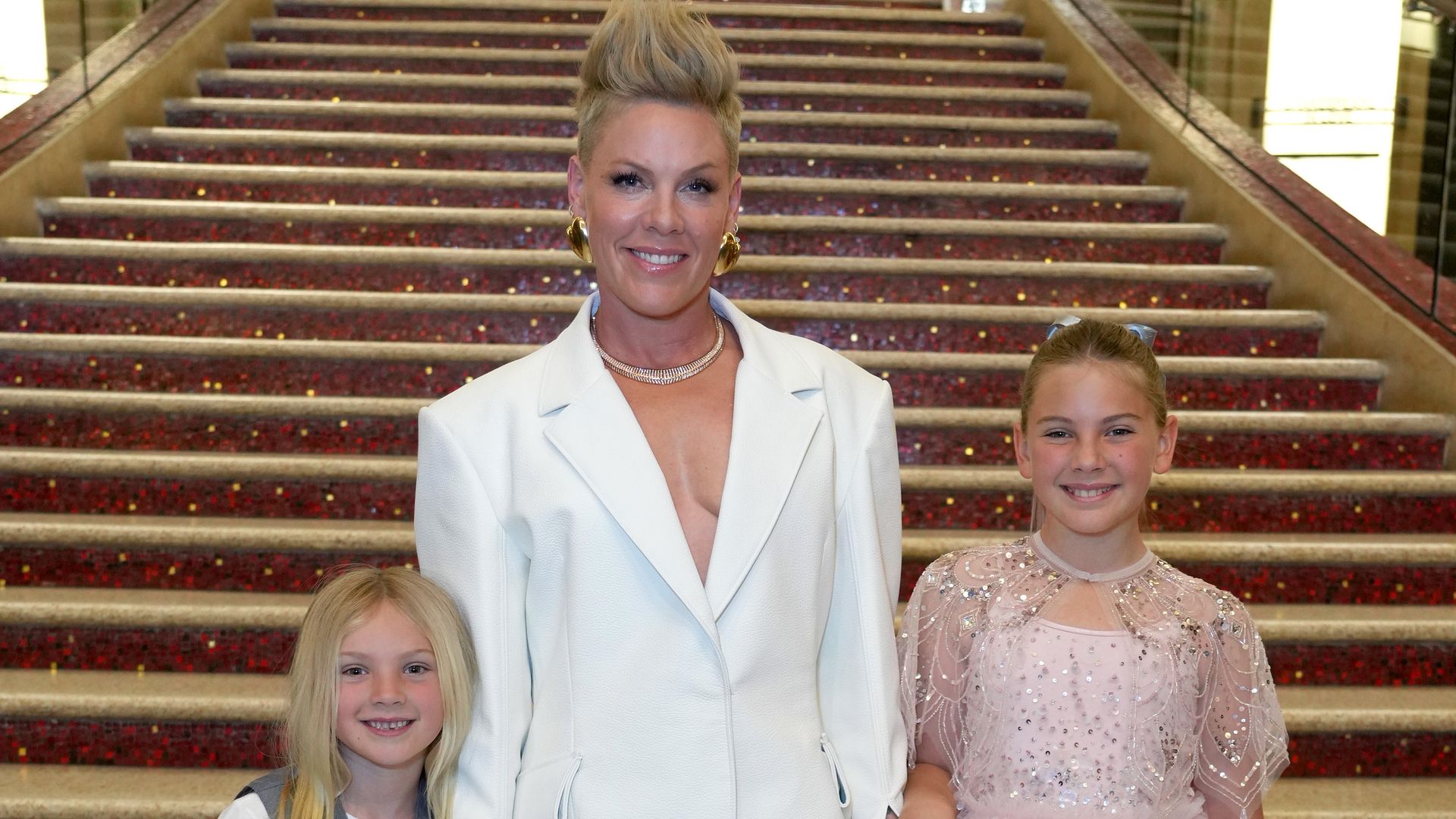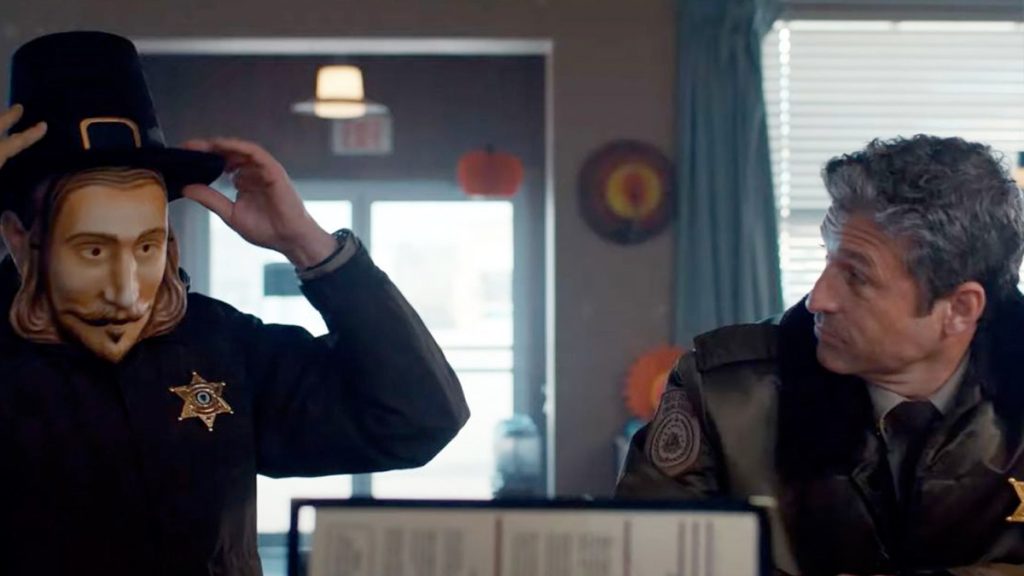I can't stop staring at Dragon Age: The Veilguard. Whether I'm exploring the game's home base in the dream-like Fade, or a forest shimmering with golden leaves and wild magical energy, the game simply looks gorgeous. And, if you've got the graphical horsepower to see it, it also delivers some of the most sumptuous ray tracing I've ever seen. There's a level of polish across every aspect of the game, including its new action-oriented approach to combat, that's simply glorious to behold.
Veilguard continues the story of the decade-old Dragon Age Inquisition, which was most notable for the shocking ending of its DLC. It turned out that Solas, one of your more cantankerous companions, was actually an Elven god hellbent on destroying the Veil, a boundary he created to separate the real world from the spirit-filled Fade. Oh, and that's where he also trapped even more evil Elven gods. Solas considered himself a hero, but then again, so did Marvel's Thanos.
This time around, you play as Rook, a new recruit enlisted by series regular Varric to track down Solas before he tears down the Veil. That happens sooner than you'd think — your team finds him and stops his magical ritual in your first mission. But doing so unleashes two very pissed off Elven gods, who proceed to wreak havoc across Thedas.
BioWare wastes no time showing off its new aesthetic for Dragon Age. The game's characters are more stylized than in Inquisition, but I didn't mind the slight loss in realism. If anything, it makes this entry feel more distinct from previous Dragon Age titles. The sense of style carries over to every environment, as well. The Lighthouse, your base of operations, is a stunning series of medieval buildings floating in the middle of a dreamy, magical storm. I’d often find myself just staring off into the distance of the Fade, imagining what else lay beyond the horizon. That’s something I found myself doing in every new location, the detail in the world hints at thousands of untold stories.
BioWare
For a game that was rebooted several times, and suffered some notable turnover (including losing its original creative director, Mike Laidlaw), Dragon Age: The Veilguard is surprisingly well-constructed. And throughout my twenty hours with the game (so far), it’s that level of craft and quality I appreciate the most.
While the storyline isn't exactly groundbreaking, I haven't been able to put down Dragon Age: The Veilguard because it's such a joy to play. The new combat system is more action-oriented than before (think of the difference between Mass Effect 1 and 2), with counters and special moves reminiscent of the recent God of War. You can't directly control your companions, but you can have them deploy special abilities that can either aid you or attack your enemies. It's a well-balanced system that makes small encounters feel genuinely fun, and it allows for some epic boss fights (some of which have lasted nearly 10 minutes and left my controller a sweaty mess).
BioWare
As you level up, you can tweak your character to your liking with Veilgaurd's massive skill tree. I've honed my Rook to be a lightning-fast dual-sword wielding Rogue who isn't afraid to whip out her bow for the occasional headshot. (You can also choose from Warrior and Mage classes early on, which should be pretty self-explanatory.) Each skill tree has three specializations: Rogues, for example, can choose to be Veil Rangers (an archery emphasis), Saboteurs (specializing in traps and poison) or Duelists. Personally, I'm a sucker for the Duelist's double sword action.
Battles can get hectic, and thankfully Dragon Age: The Veilguard performs well enough to keep up. While playing on a PC powered by an AMD Ryzen 9 7950X and NVIDIA RTX 4080 Super GPU, the game managed to stay well above 100fps while playing in 4K with DLSS, "Ultra" graphics and ray tracing settings. If you have the hardware to support it, this will likely become a new showpiece for the possibilities of ray tracing: Lighting from the sun and magical elements realistically hits characters and the environment, and shadows across the board look more natural.
BioWare
But I was also surprised to find that Veilguard was also still very playable on my Steam Deck, albeit with low graphics settings (definitely no ray tracing) and a basic 30-to-40fps. That's certainly not the ideal way to play, but it's helpful for dealing with side missions in bed, or on the go. Given how well it performs on a mere handheld, I'd bet the game would play well on low-end and mid-range GPUs, as well as consoles, without much of a sweat. (And if you want to revel in advanced ray tracing features from your couch, there's also support for the PlayStation 5 Pro.)
Beyond merely looking great, Veilguard kept me hooked because of BioWare’s attention to its characters. I enjoyed strolling through Docktown with Neve, who warmed up to my character (also a fellow Shadow Dragon) while discussing how much she loved her rundown neighborhood. I helped Davrin come to terms with his new role raising one of the last Griffons in the world, and I learned about the trauma behind Bella’s typically warm demeanor. As usual, you can romance any of your companions (how can you not love Neve?), and there’s still plenty of fun to be had trying to set up those relationships.
BioWare
I’ll admit, it simply felt good to pour some hours leading a group of ragtag do-gooders to save the world against relentless odds. That’s pretty much every RPG and adventure story, sure, but who can deny the pleasure of killing a few evil gods? (Bringing on the combined talents of composers Hans Zimmer and Lorne Balfe to score the game likely also made me a bit more emotional.)
After Baldur’s Gate 3 failed to grab me (I’ll get back to it, I swear!), I feared that Dragon Age: The Veilguard would be another letdown. But it turned out to be exactly the sort of spectacle I needed: It’s beautiful to behold, fun to play and I genuinely enjoyed the new batch of characters. It’s BioWare at its best – I’m just hoping they can do the same for the next Mass Effect.




)



/cdn.vox-cdn.com/uploads/chorus_asset/file/25749878/spectra_smartwatch1.jpg)
/cdn.vox-cdn.com/uploads/chorus_asset/file/2913888/sling10_2040.0.jpg)
)








 English (US) ·
English (US) ·